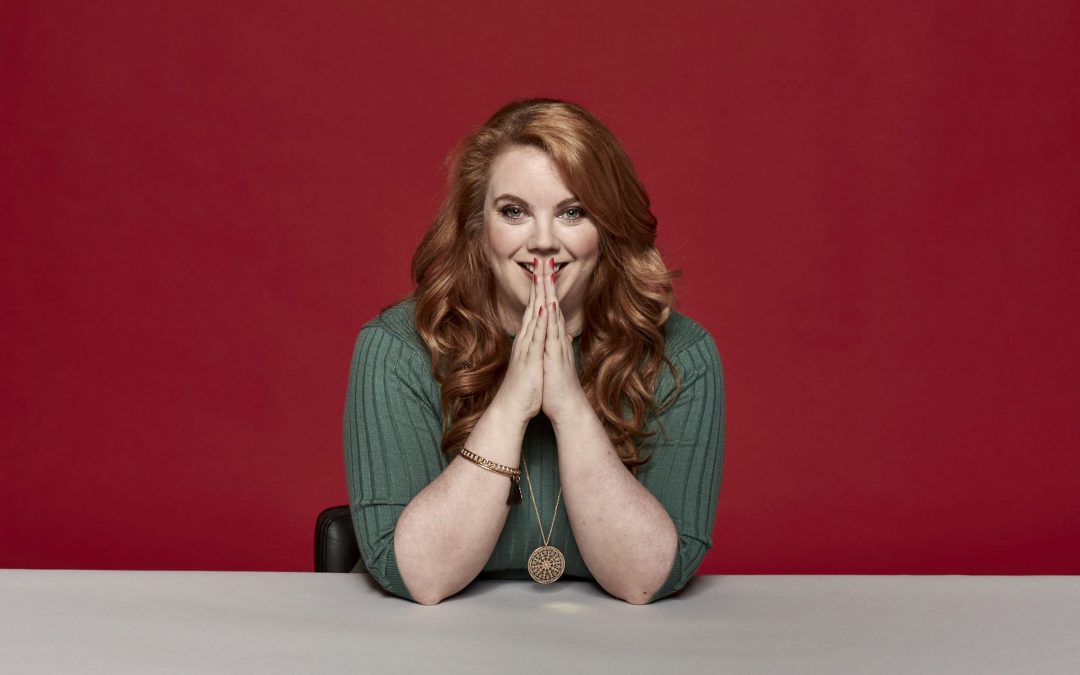Respecting other people’s opinions
Whether it is over politics, beliefs or relationships, not everyone has to agree all the time, says Harriet Minter. She urges us to embrace and respect other people’s opinions, whether they reflect our own or not

‘‘Agree to disagree?”
I studied politics at university. I’ve voted in every election since I’ve been old enough to vote, and I’m a thoughtful voter: I read the manifestos, take those quizzes online to find out which party I’m most aligned with, and look back over the MPs’ voting records. I enjoy having a well-formed political opinion but, over the past few months, that enjoyment has been tested because I keep finding myself arguing with the people around me.
It’s been a tough year or so for politics: just when you’ve got your head around one political conundrum, another one has popped up needing as much thought and as strong an opinion. Social media has amplified this. Now there’s so much discussion and debate that if you want to be heard you can’t sit calmly in the middle of the fence weighing up the pros and cons, you need to take an extreme position and then defend it no matter what.
The other thing I’ve noticed is just how much people care about their stance and how personally attacked they feel if you question it. As someone whose favourite word is ‘why?’, this has caused me more than a few problems. It happens in my personal life, too. When you’re a straight woman with a job description that is pretty much ‘professional feminist’, you’re hard-pressed to go on a date without having to explain where your beliefs come from and why they don’t mean that you hate all men. But I’ve finally come up with a way to have these conversations without damaging relationships.
The first thing to remember is that it isn’t personal, no matter how personal it might feel. When we talk about politics or beliefs, we’re nearly always using a small example to define a global reality. I had asthma as a child and doctors saved my life numerous times, which justifies my belief that spending money on the NHS is a good thing. If someone disagrees with me, it doesn’t mean they wish I hadn’t had access to treatment – simply that they see public services budgeting differently.
Second, know that it’s possible to coexist in a space with someone without agreeing with them. We’re constantly searching for certainty in the world, but sometimes it just isn’t there. Learning to live in this grey area is important. Rather than trying to change people’s minds, aim to affect their beliefs through your actions. You can still love them, even if there’s one area in which you wish they’d rethink.
In the words of the writer Mary Lou Kownacki, there isn’t anyone you cannot love when you know their story. You don’t have to agree with them, but the ability to listen is a gift I wish every politician would exercise.
For weekly wisdom from Harriet, sign up for her newsletter at tinyletter.com/ harrietminter. Follow her on Twitter and Instagram @harrietminter.
Photograph: Mark Harrison for Psychologies









